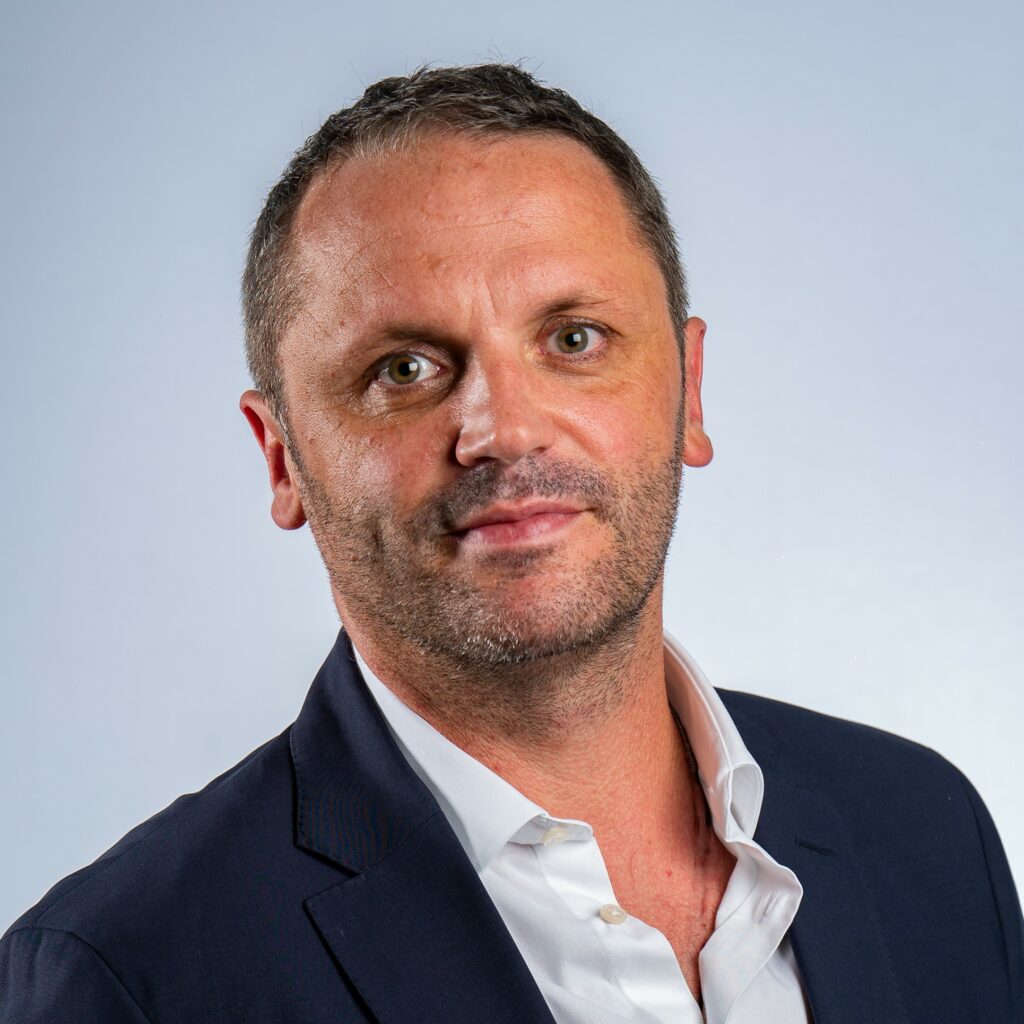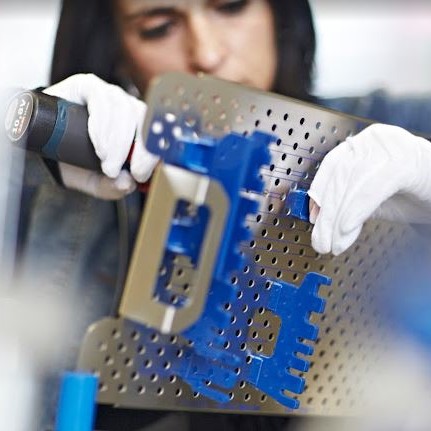How do the Oaklins teams, through their presence in a 45-country network, provide support on international M&A transactions?
Oaklins is an independent investment bank for entrepreneurs and managers. We support them in their capital transactions: fundraising, growth capital transactions, LBOs and investments by industrial companies. Our team in France is made up of around forty people.
We have significant global firepower with nearly fifty independent offices. These offices allow us to address the needs of industrial companies and investment funds in all these countries, while at the same time benefiting from the power of an international network and local proximity. An asset that significantly increases the range of possibilities on major transactions!
What are the benefits of a cross-border aggregation model like yours?
Our cross-border model provides us with a significant advantage in supporting companies with disposals or acquisitions outside France.
Our local contacts allow us to capitalise on our proximity with local industrial companies. We are accordingly able to easily identify targets in Germany, the US, or other countries with significant levels of economic activity.
The benefits? Time savings and increased efficiency in carrying out transactions and an international presence, including on other continents.
Which geographical regions or industrial sectors are currently attracting the most interest in terms of international expansion?
It is particularly difficult to identify the geographical areas that are currently the most dynamic. Activity levels in Europe and France remains strong, even though we are experiencing a difficult macroeconomic period, marked by inflation, rising interest rates, etc.
In terms of sectors, there is more appetite for the technology and digital sectors, as well as sustainable development. All activities that revolve around impact businesses – energy efficiency and environmental efficiency, which look to optimise the consumption of resources – are doing very well. We are very active in these green segments. They are virtuous models.
What factors should be analysed when selecting a potential target for an international acquisition?
A successful acquisition, ignoring the commonplace themes of business complementarity and the existence of industrial and commercial synergies, is above all a human story. It is critical that the project leaders at the company that is to be acquired share the values of the acquiring group. They must have the same goals in mind.
This aspect raises particularly complex issues in the case of international acquisitions. Countries’ cultures and corporate cultures are more likely to be different. This is something that companies must pay close attention to.
Our experience has shown us that combining two companies may make very good sense from a manufacturing and commercial perspective, but that, in the end, the country’s corporate cultures and traditions may turn out to be more different than expected.
Could you share an example of a recent cross-border transaction that you have worked on and that was particularly interesting or informative?
Last year, we sold the tea company, Les 2 Marmottes, in spectacular conditions. We are proud to have worked with this SME from the Savoie region, which has become one of the market leaders in France.
In practical terms, we sent the opportunity to French private equity firms, mainly targeting funds that specialised in the agri-food universe. At the same time, we targeted a family-owned industrial group in Germany, as well as the Mars group in the US and the Dutch company JDE Peet’s, the world’s leading coffee company. Oaklins’ presence in the Netherlands meant that we were able to discuss the acquisition with the right people at the right time and thus implement the transaction more effectively.
We ensure that there is convergence of energies and synergies, and that managers understand each other and share the same ambitions.
What advice do you have for companies that are considering exploring international external growth opportunities through M&A transactions?
Beyond all the analysis and considerations that need to be taken into account on acquisitions, it is necessary to be aware of certain complexities that arise on international transactions.
First of all: culture. The corporate cultures in different countries vary even more than cultural differences. A transaction with a Japanese company or a German company cannot be carried out in the same way.
Understanding and analytical skills are the key to bringing different corporate cultures closer together.
Secondly, it is crucial that economic aspects, growth momentum, profitability and regulatory issues are analysed. It is not enough to form convictions based on global or local market trends; these issues must be rigorously analysed.
Only by carrying out such analysis can you be sure that an acquisition makes sense as part of a comprehensive industrial project.
And what challenges does Oaklins face and what are its ambitions for the future?
We want to remain very agile in a turbulent market, surrounded by events that are destabilising global macroeconomic and geopolitical relations.
We need to be able to properly understand developments: inflation, rising interest rates, different regulations and economic trends in each market.
Not all companies are exposed in the same way to macroeconomic changes, but these are nevertheless trends that we need to include in our discussions with management teams, in order to provide the best possible advice and steer clear of transactions that could weaken companies.
Our challenge is to continue to assist business leaders and projects by supporting them in achieving sustainable growth.

 Back to the thematic folder
Back to the thematic folder

